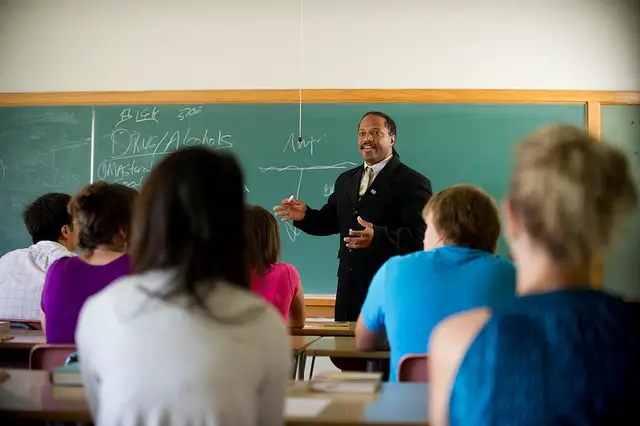If you are studying in a college and you need a mentor who can encourage you to pursue your dreams and goals, then that is most probably going to be one of your professors.
A new survey, conducted by Strada-Gallup Alumni, found that 64 percent of students who graduated between 2013-2018, were mentored by a professor.
Forty-three percent of students said they were mentored by a professor teaching art and humanities at the college, while 28 percent were mentored by a science and engineering professor, with another 20 percent – by a social science professor.
The survey found that professors had been a source of effective mentorship, when it comes to guiding students at the undergraduate levels.
“Studies have found professors to be particularly effective mentors because students who had relationships with their professors boast both greater academic achievement, a short-term benefit, and higher self-confidence, a long-term benefit that extends beyond the classroom and graduation,” the report said.
The survey found that about 10 percent of recent graduates were mentored by a college staff member, 16 percent by a friend or family member, and 6 percent by an activity advisor.
The survey was compiled on the basis of an interview with 5,100 college graduates who earned a bachelor’s degree between 2013-2018.



